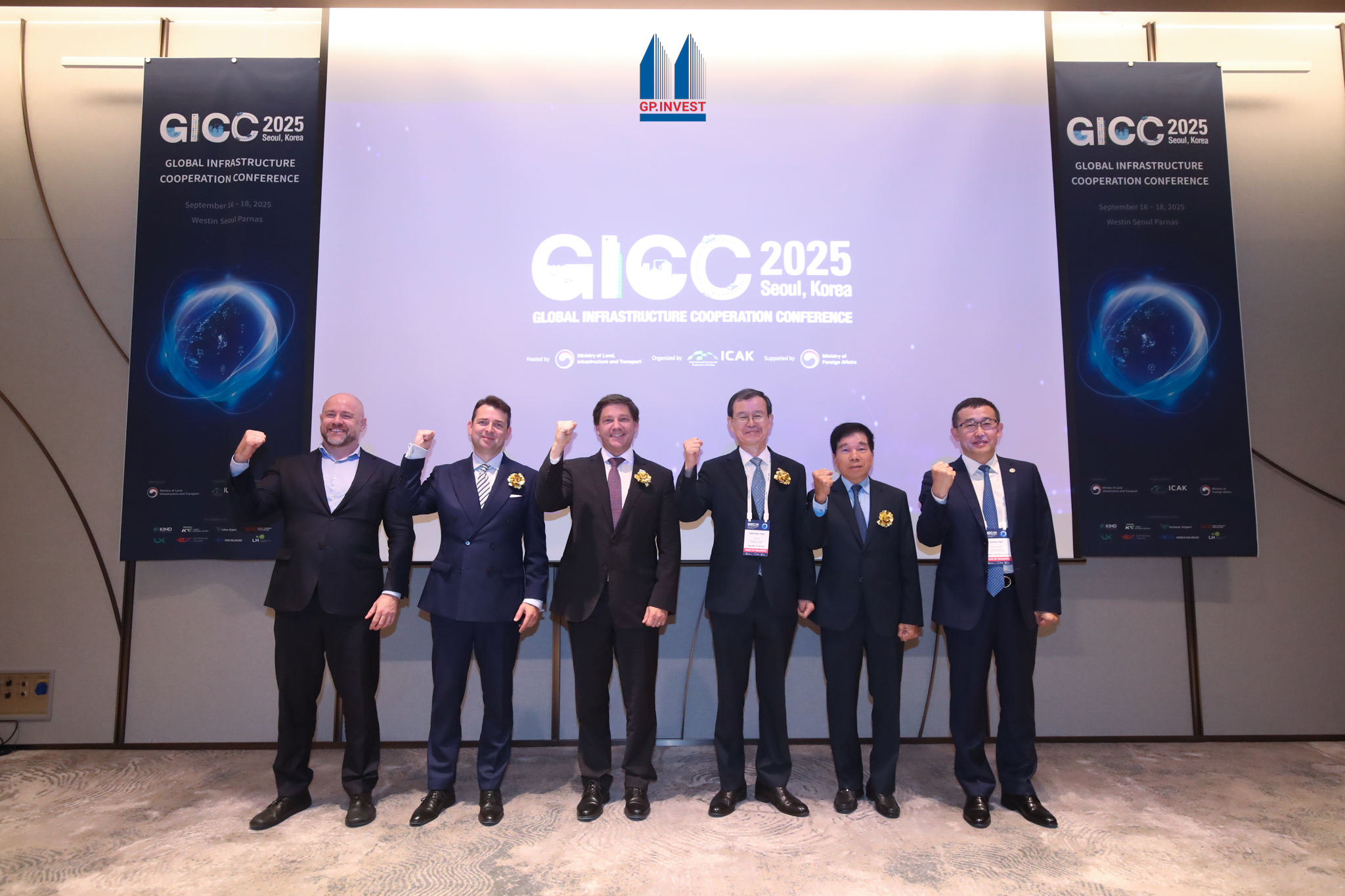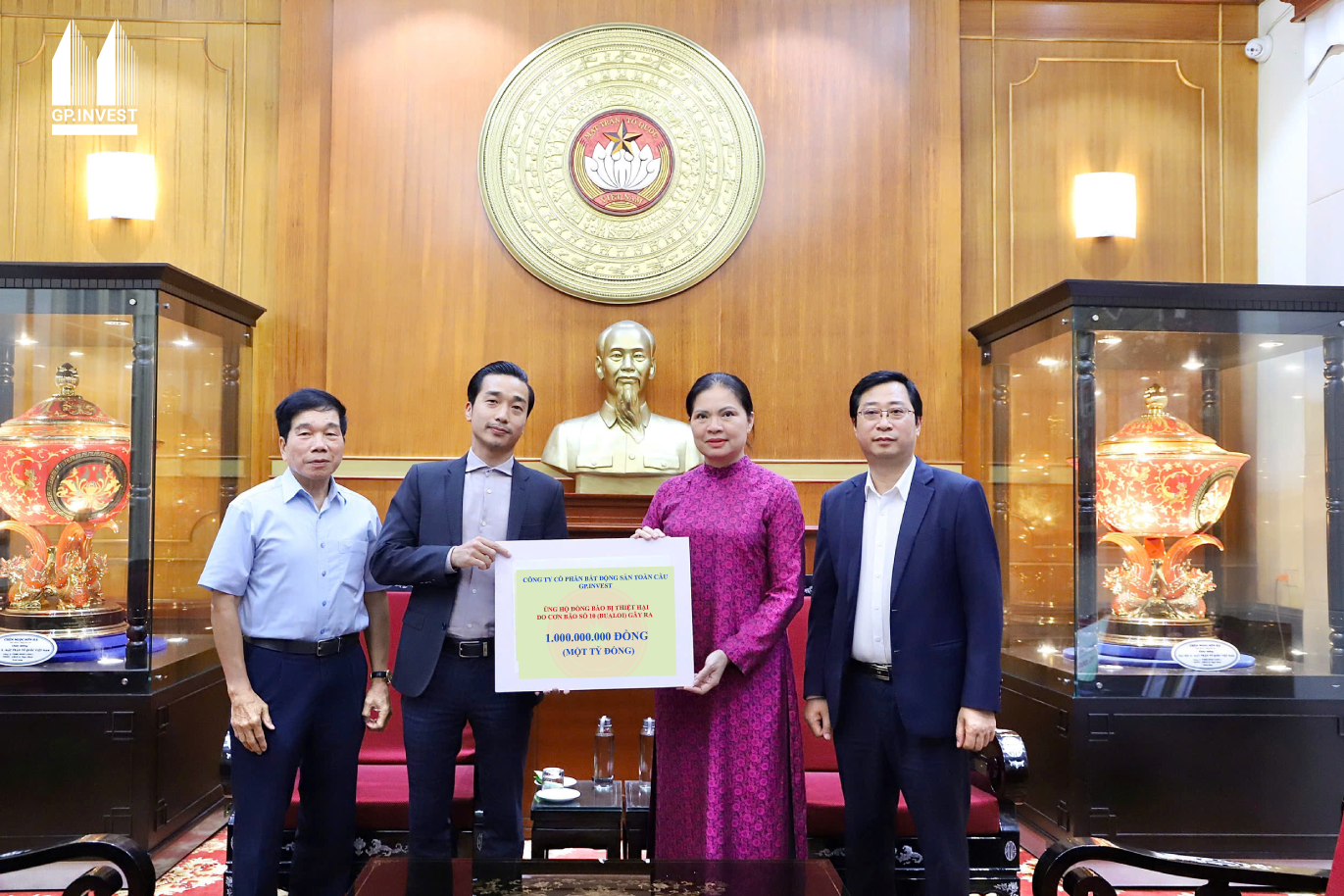GP.Invest Chairman: Many Major Real Estate Firms Hesitate to Speak Out About Regulatory Obstacles
On July 16, Reatimes (Vietnam Real Estate e-Magazine), in collaboration with the
Vietnam Real Estate Research Institute, organized the forum “The Role of Associations, Businesses, and the Press in Policy Development and Advocacy.” At the event, Mr. Nguyễn Quốc Hiệp – Chairman of GP.Invest – candidly addressed the reality that many major real estate enterprises are hesitant to speak out about regulatory and institutional obstacles.
Chairman of GP.INVEST speaks at forum on the Role of Associations, Businesses, and Media in Shaping Public Policy
In his opening remarks, Dr. Nguyễn Văn Khôi – Chairman of the Vietnam Real Estate Association – emphasized the crucial intermediary role of the association in collecting input from the business community and conveying it to policy-making bodies. During the drafting of major laws such as the 2024 Land Law, the 2023 Housing Law, and the 2023 Law on Real Estate Business, the association actively engaged in connecting stakeholders and providing critical feedback to ensure the feasibility and practicality of the legislation.
Dr. Phan Đức Hiếu – Member of the National Assembly’s Economic Committee – also pointed out that when policies are not well-designed, feedback from businesses channeled through associations and the press becomes an important tool for institutional refinement. However, he stressed that such advocacy must be grounded in expertise, supported by data, and driven by the common good.
From the perspective of the business sector, Mr. Nguyễn Quốc Hiệp – Chairman of GP.Invest – noted that as Vietnam works to improve its legal framework to institutionalize key resolutions, notably Resolution 66 on reforming legislative processes and Resolution 68 on developing the private sector, the role of the media in raising awareness and fostering support is more vital than ever.
“However, I’ve noticed a concerning trend: no businesses are willing to speak out. Even well-known, large-scale companies hesitate to voice their opinions or address core issues. My company is only mid-sized, but when it comes to real estate and construction issues, I speak up, because I believe that if we don’t raise our voices, if we don’t reflect the reality, how will central authorities and local governments know what’s happening?” Mr. Hiệp stated.
Therefore, at today’s forum, Mr. Hiệp expressed hope that the two National Assembly Deputies in attendance would take note of this issue and make recommendations, as it remains a source of frustration for many businesses. To effectively institutionalize Resolutions 66 and 68, he also emphasized the need for media support in helping businesses navigate these challenges.
Beyond sending official documents to the Government, businesses and associations need the support of the media to help bring these issues to public attention, so that both the National Assembly and the Government can fully grasp their importance. Concurrently, journalism should also play an essential role in shaping and critiquing policy.
According to Mr. Hiệp, without the media, policy feedback and businesses’ voices would remain unheard. He also urged journalists to speak up, creating a sense of support that would encourage associations and businesses to be more proactive in contributing ideas and expressing their concerns. At present, most businesses tend to discuss problems privately, rather than making official statements.
“I’ve heard that three laws are about to be amended, including the Land Law. What keeps bothering me is: why do our laws need revision so soon after they’re passed? For example, Decree 102 on land valuation was issued in February 2024, and now it’s already being amended. Clearly, there are problems in our legislative process,” Mr. Hiệp said.
If the process of promulgating legal documents allows businesses to give their opinions and there is an agency that listens, it will be very beneficial for building mechanisms and policies. From that, the Chairman of GPInvest earnestly hopes for a change in the process – that before a document is issued, the directly affected parties must be allowed to participate in giving opinions and feedback. This way, it will avoid the situation of having to repeatedly amend the document after just a short period of time.
Mr. Hiệp further commented on Resolution 68, which set the goal of reducing administrative procedures by 30%, but in reality, not only has this goal not been achieved, there are signs that procedures are taking even longer.
“We once implemented a project where the land valuation process, from specialist level to the leadership of the valuation council, took only about 2 months. But now, it has taken up to 2 years and the administrative procedures for land valuation still haven’t been completed. We really hope there will be a timely mechanism for resolution. And the strong participation of the press is very much needed to speak up and highlight specific issues like this. Only then can real change be created, making the system more transparent and truly supportive of businesses,” Mr. Hiệp emphasized.




